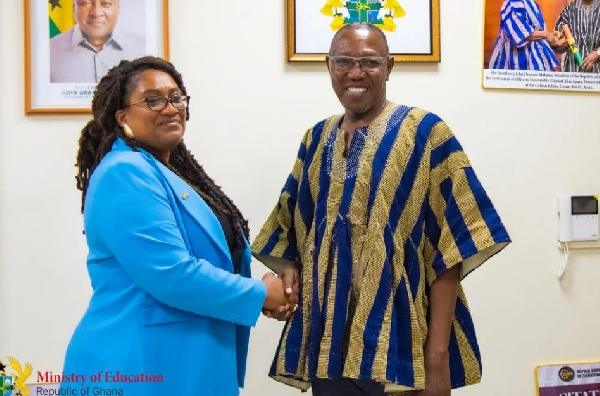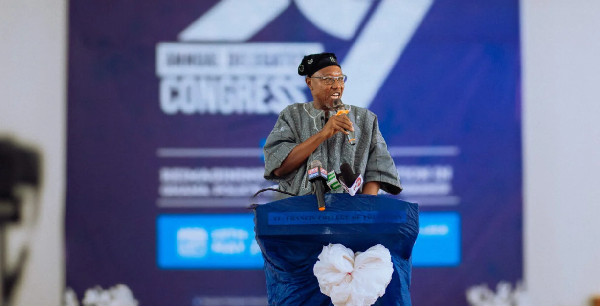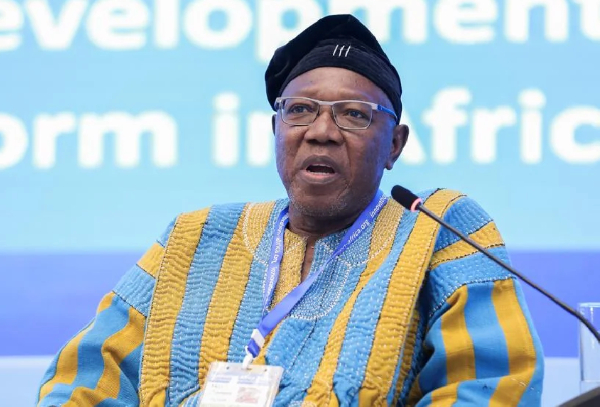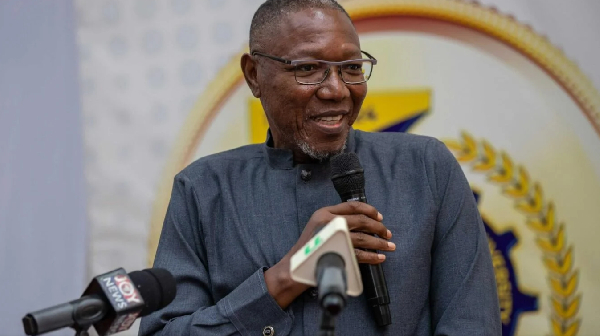Gov't reaffirms commitment to inclusive education for Persons with Disabilities - Dr Apaak
The Deputy Minister for Education, Dr. Clement Apaak, has reiterated the government’s dedication to advancing inclusive education, particularly for Persons with Disabilities (PWDs), in Ghana’s mainstream educational system.
Speaking at a ceremony organized by the NGO Chance for Childhood to donate Teaching and Learning Materials to public schools on Thursday, May 15, 2025, at the AMA Conference Hall in Accra, Dr. Apaak emphasized that President John Dramani Mahama’s administration remains focused on ensuring equal educational opportunities for all, including children with disabilities.
“This government places a top priority on inclusion, and we aspire to build an inclusive society where everyone is valued and can thrive in a supportive environment,” he said.
Highlighting the implementation of Ghana’s Inclusive Education Policy, Dr. Apaak noted that the Ministry of Education is scaling up efforts to enhance equitable access to quality education for learners with disabilities and other special educational needs.
He cited President Mahama’s recent announcement of a as a major step in reaffirming the government’s commitment to inclusive education.
Dr. Apaak acknowledged the need for strong collaboration with stakeholders to drive meaningful change. He commended Chance for Childhood for its impactful role in bridging gaps in the delivery of inclusive education across the country.
“The organization’s holistic approach—ranging from early screening and assessments at the Early Childhood Education level to training teachers in disability inclusion—aligns perfectly with the Ministry’s objectives,” he remarked.
He added that equipping pre-primary teachers with the skills to provide individualized support, along with sensitizing parents and communities, plays a vital role in combating stigma and empowering families to support children with disabilities.
Dr. Apaak also highlighted the importance of supplying tactile learning resources, describing them as essential tools to make mainstream classrooms more inclusive and accommodating for children with special needs.
“These interventions are especially crucial for early childhood development, given that most brain development occurs in the first five years. It is during this period that children develop key motor, cognitive, sensory, communication, and social skills,” he explained.
Dr. Apaak concluded by reaffirming the government’s commitment to ensuring that every child, regardless of ability, receives a quality education in a safe, inclusive environment where they can reach their full potential.











